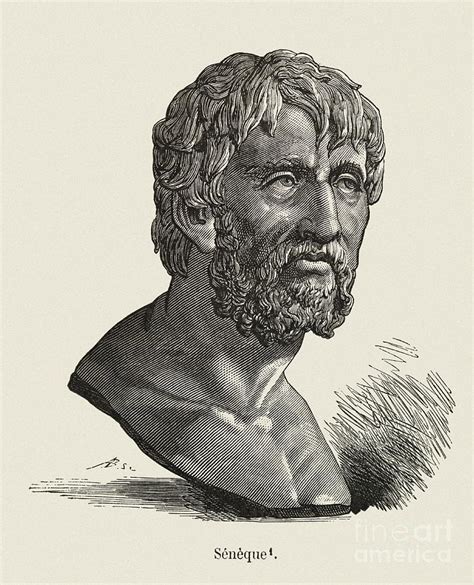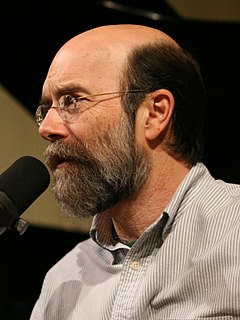A Quote by Seneca the Elder
We should every night call ourselves to an account: What infirmity have I mastered today? What passions opposed! What temptation resisted? What virtue acquired?
Related Quotes
Every temptation that is resisted, every evil thought that is curbed, every desire that is subdued, every bitter word that is withheld, every noble aspiration that is encouraged, every sublime thought that is cultivated, adds to the development of will-force, good character, and attainment of eternal bliss and immortality.
Why should we desire the destruction of human passions? Take passions from human beings and what is left? The great object should be not to destroy passions, but to make them obedient to the intellect. To indulge passion to the utmost is one form of intemperance - to destroy passion is another. The reasonable gratification of passion under the domination of the intellect is true wisdom and perfect virtue.
Well, but you affirm that virtue is only elicited by temptation; - and you think that a woman cannot be too little exposed to temptation, or too little acquainted with vice, or anything connected therewith - It must be, either, that you think she is essentially so vicious, or so feeble-minded that she cannot withstand temptation, - and though she may be pure and innocent as long as she is kept in ignorance and restraint, yet, being destitute of real virtue, to teach her how to sin is at once to make her a sinner.
How do we define, how do we describe, how do we explain and/or understand ourselves? What sort of creatures do we take ourselves to be? What are we? Who are we? Why are we? How do we come to be what or who we are or take ourselves to be? How do we give an account of ourselves? How do we account for ourselves, our actions, interactions, transactions (praxis), our biologic processes? Our specific human existence?
Thus, experience has ever shown, that education, as well as religion, aristocracy, as well as democracy and monarchy, are, singly, totally inadequate to the business of restraining the passions of men, of preserving a steady government, and protecting the lives, liberties, and properties of the people . . . . Religion, superstition, oaths, education, laws, all give way before passions, interest, and power, which can be resisted only by passions, interest, and power.
Christianity seems at first to be all about morality, all about duties and rules and guilt and virtue, yet it leads you on, out of all that, into something beyond. One has a glimpse of a country where they do not talk of those things, except perhaps as a joke. Every one there is filled full with what we should call goodness as a mirror is filled with light. But they do not call it goodness. They do not call it anything. They are not thinking of it. They are too busy looking at the source from which it comes.




































